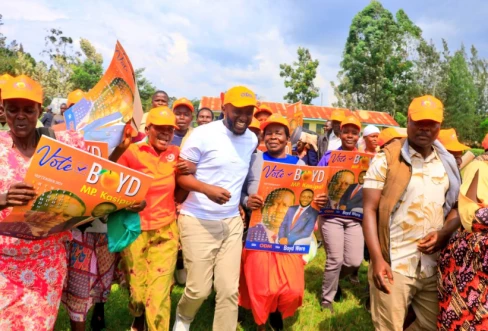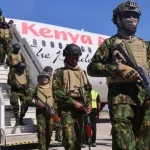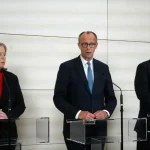In the high-stakes game of political chess, a petition to nullify election results is rarely just about the law; it’s a powerful strategic move. Charles Ogada’s decision to challenge the Kasipul ODM primary results is a multifaceted tactic that deserves a cold, analytical dissection.
From a purely strategic standpoint, filing a petition achieves several key objectives, regardless of the final verdict:
1. Keeping the Campaign Alive and Staying Relevant.
By challenging the results, Ogada immediately transitions from a “lost” aspirant to a “wronged” contender. He remains in the headlines, his name is constantly in the public discourse, and he maintains a political platform. This prevents him from fading into obscurity, which is the fate of many who lose party primaries.
2. Building a Narrative of Injustice and Martyrdom.
This move allows Ogada to craft a powerful political narrative: “The system was against me.” This narrative is potent for building a dedicated, sympathetic support base. If he loses the petition but decides to run as an independent or in future elections, this “martyr” status can be a significant asset, mobilizing voters who feel the process was unfair.
3. Applying Pressure and Negotiating for a “Soft Landing.”
An election petition is a form of leverage. It places immense pressure on the declared winner and the party establishment. The ODM, wanting to present a united front for the general election, may be inclined to negotiate. This could lead to a “soft landing” for Ogada, such as a nomination for a different seat, a party position, or future political favors in exchange for withdrawing the challenge.
4. Testing the Legal and Party Framework.
The petition serves as a probe into the strength of the ODM’s internal dispute resolution mechanism. A favorable ruling is the ideal outcome, but even an unfavorable one can be used to paint the party as biased, further solidifying his narrative for a potential independent bid.
The Bottom Line:
While the legal merits of Ogada’s case are paramount, it is crucial to view his actions through the lens of political strategy. The courtrooms and tribunal halls are, in this case, an extension of the political battlefield. The final gavel will not just decide a legal case; it will shape the political futures of all involved in Kasipul.










